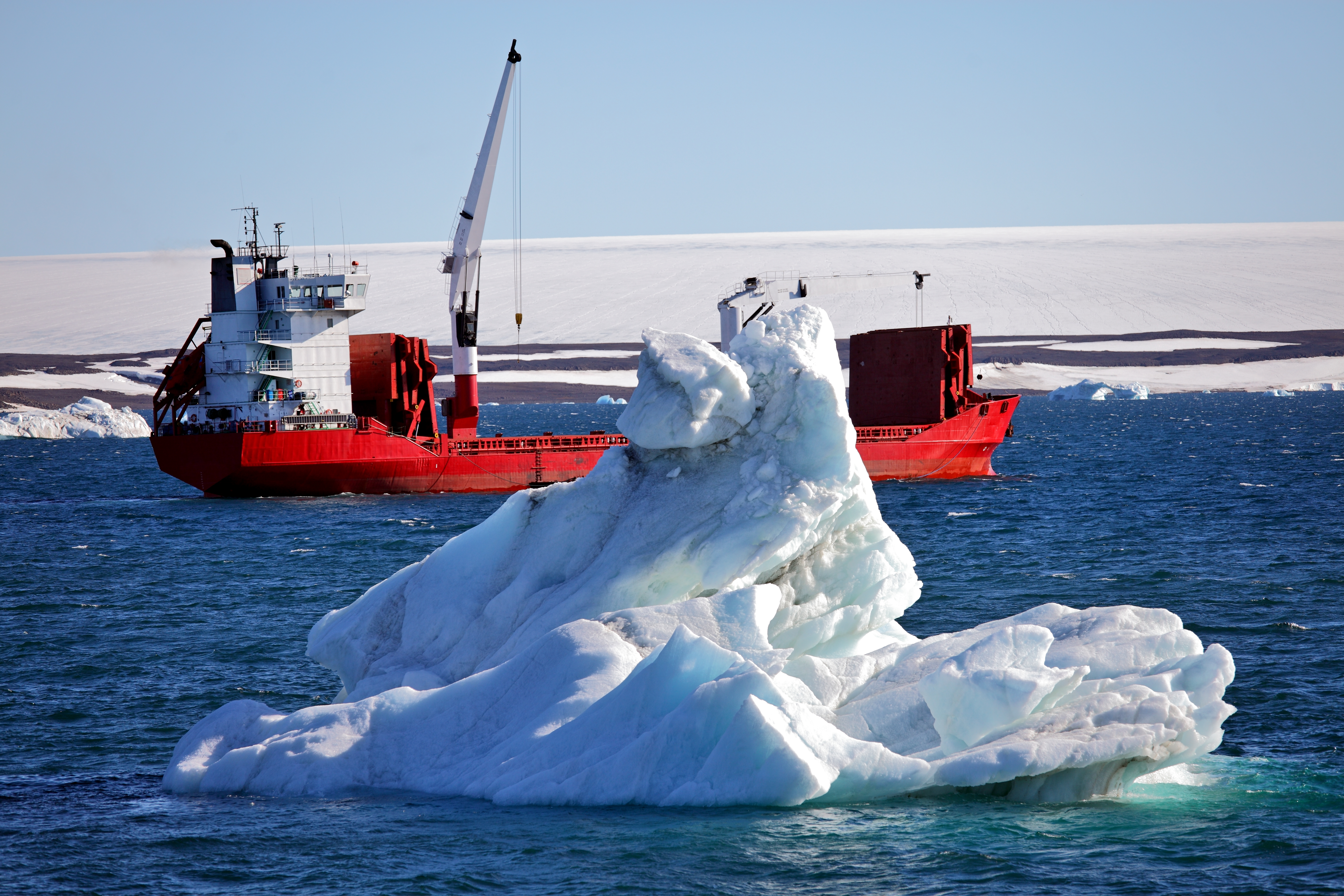WWF says Canada’s new Arctic shipping regulations cut corners

As the deadline fast approaches for public comment on Canada’s new Polar Code-compliant shipping regulations, an environmental organization is asking Transport Canada for amendments that the federal department says can’t be included right now.
The Polar Code, instituted by the International Maritime Organization—the global marine regulator—came into effect in January 2017, forcing countries affected by the new code to write the new rules and regulations into their domestic laws.
The latest draft of Canada’s Arctic Shipping Pollution Prevention Regulations were published in the Canada Gazette on July 1, marking the start of a 75-day period for public comment. That period expires on Thurs., Sept. 14
But World Wildlife Fund Canada thinks they are not robust enough. The organization is asking that Canada’s new rules include:
• zero discharge of untreated grey water and sewage from ships sailing in northern Canadian waters, and that treated grey water and sewage not be discharged near land or shelf ice;
• a ban on use of heavy fuel oil by ships, mirroring a ban currently in place in the Antarctic Ocean;
• that vessel re-routing be required at certain times of the year to reduce damage done to ice dependent habitats such as walrus haul outs, marine mammal corridors, important bird areas, seal pupping areas, and polar bear denning locations; and,
• that oil lubricants used in shipboard mechanics, such as propeller systems, be replaced with systems that use seawater as a lubricant.
But Transport Canada says the environmental protection measures flagged by WWF fall outside the scope of this first and phased-in set of regulations that will see Canada’s existing shipping regime realigned with international best practice.
Transport Canada says it has other forums for dealing with the WWF’s concerns.
The new regulations focus on “relevant measures” of the Polar Code for Canada, and so are “non-exhaustive in their treatment of other potential safety and environmental concerns facing the Arctic, such as the management of grey water, or mitigating the risks associated with using and carrying heavy fuel oil,” Transport Canada spokesperson, Pierre Manoni, told Nunatsiaq NewsSept. 7 in an email.
Because these complex issues require more consideration and consultation that could delay implementing the Code, “Transport Canada decided to address them separately,” Manoni said.
“Their omission does not reflect their level of importance, nor does it preclude the possibility of them being addressed within the proposed regulations or elsewhere within Canada’s Arctic shipping regime at a later date,” Manoni said of the WWF’s concerns about industrial pollution and other impacts on the environment.
Andrew Dumbrille, head of WWF’s Arctic shipping program, said his organization is encouraged that these key points are on Transport Canada’s radar, but said, “the speed and the process with which they are tackling the issues doesn’t respond to the urgency.”
Internationally, Canada has acted as a “gold standard” for environmentally conscious Arctic shipping practice for many years, so when it comes to implementing the Polar Code, “this is the world catching up,” he said.
“I get that in order to harmonize Canadian regulation with the Polar Code, you can’t put too many issues on the table or it will take forever,” said Dumbrille. But, when it comes to pollution protection measures in the Arctic, “Canada doesn’t have to wait,” he said.
WWF Canada and the federal government are currently working with IMO and other polar nations to address the impacts of heavy fuel oil and grey water discharge in the Arctic.
Any member of the public wishing to provide comment on the new Arctic Shipping Safety and Pollution Prevention Regulations can do so by emailing Transport Canada representative Drummond Fraser at dr*************@tc.ca.
The email should include:
• the specific section of the Arctic Shipping Safety and Pollution Prevention Regulations you are commenting on;
• a detailed description of your comment; and,
• any proposals you may have related to your comment.
“Regulators in Ottawa need to hear about on-the-ground concerns. This is the official process for hearing those concerns,” Dumbrille said.